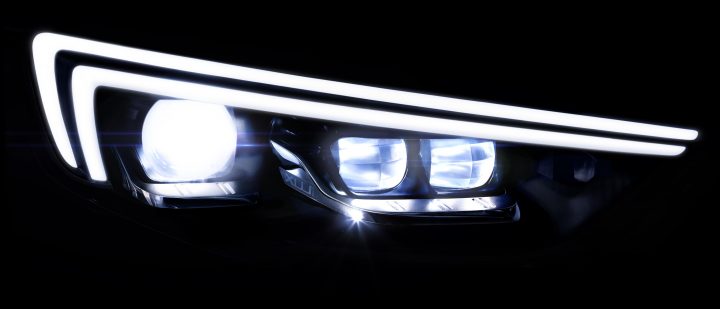When the clocks strike 1am on Sunday the hour will go forward and British Summer Time will have officially started.
The Royal Society for the Prevention of Accidents wants this to be made permanent in order to save lives, improve wellbeing and support the hospitality sector.
RoSPA chief executive Errol Taylor said, “Daylight savings were introduced more than a century ago to increase productivity during the First World War. Today, we find ourselves with a very different set of challenges and we need to adapt.
“In addition to preventing road deaths and injuries, maintaining BST all-year-round will allow for more daylight in the evenings to enjoy social activities which is particularly important for promoting wellbeing during the colder months. Lighter and longer evenings could also provide a much-needed boost for our pubs, cafes and restaurants when they reopen after this present lockdown.”
In 2019, according to statistics provided by the Department for Transport, pedestrian deaths as a result of road accidents rose from 36 in October, to 54 in November and 57 in December. In 2018 a similar pattern emerged, with pedestrian fatalities as a result of road accidents rising from 40 in October, to 56 in November and 70 in December- RoSPA callsthis the daylight savings spike.
There are a number of reasons why there are more accidents in the afternoons and evenings, such as:
- Motorists are more tired after a day’s work and concentration levels are lower
- Children tend to go directly to school in the morning but often digress on their way home, which increases their exposure to road dangers
- Adults tend to go shopping or visit friends after work, increasing their journey times and exposure to road dangers
- Social and leisure trips are generally made in the late afternoon and evenings, again increasing time on the road.
If you would like to show your support for maintaining permanent British Summer Time, you can use RoSPA’s template letter to write to your local representative which can be found on this webpage: https://www.rospa.com/road-safety/advice/roads/clock-change

